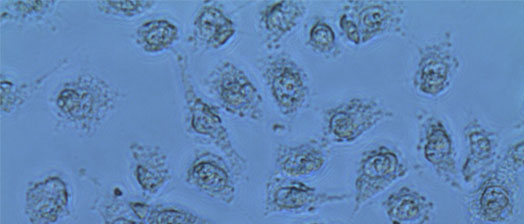Tablet instead of injection – Increased bioavailability of metastatic inhibitors
Management and treatment of gastrointestinal tumors, such as cancers of the esophagus, stomach, pancreas and upper or lower intestines, include strategies to repress the tendency to form lesions at other sites. The majority of metastatic inhibitors are given via a parenteral route. A typical administration session of BCS class III drugs can last for several hours or even longer than that.
A much more convenient and less invasive alternative could be an oral administration, which would, as an additional benefit, place the drug at close proximity to the malignant lesion. The challenge of the development of such a novel approach lies in the poor bioavailability of readily water soluble compounds (BCS class III compounds). In other words, the drugs would be washed out because they cannot penetrate the mucosal barrier of the intestinal tract. Our joint project aims at tackling this problem:
Colleagues at The Institute of Drug Research at The Hebrew University of Jerusalem synthesized two model compounds along with a novel, U.S. Food and Drug Administration approved compound. Here at Fraunhofer IAP, we work on increasing the bioavailability of BCS class III metastatic inhibitors. Avenues considered include complexation with new polymer-based transport systems as well as polymer-derived nano-carriers. Our biopharmaceutical investigations of these and other promising avenues will likely yield a substantially improved bioavailability of BCS class III pharmaceutics with implications on an improved oral formulation of these and related compounds.
